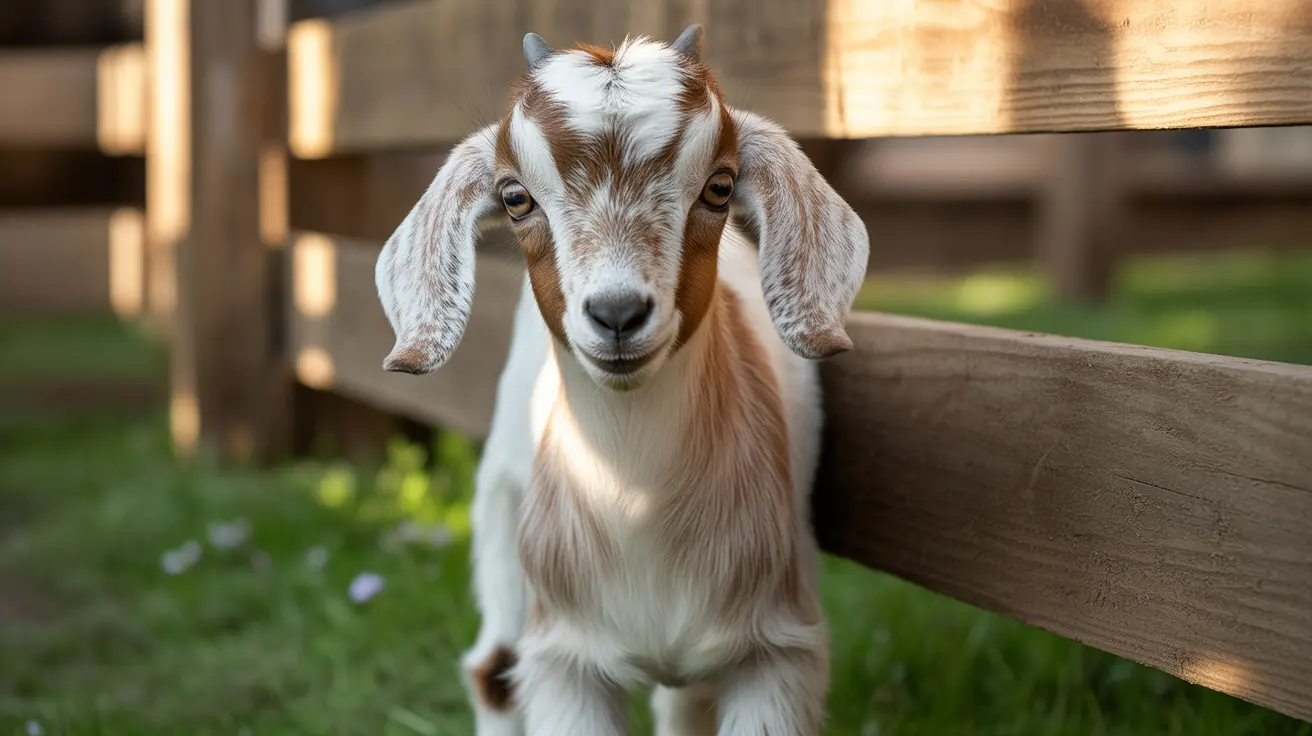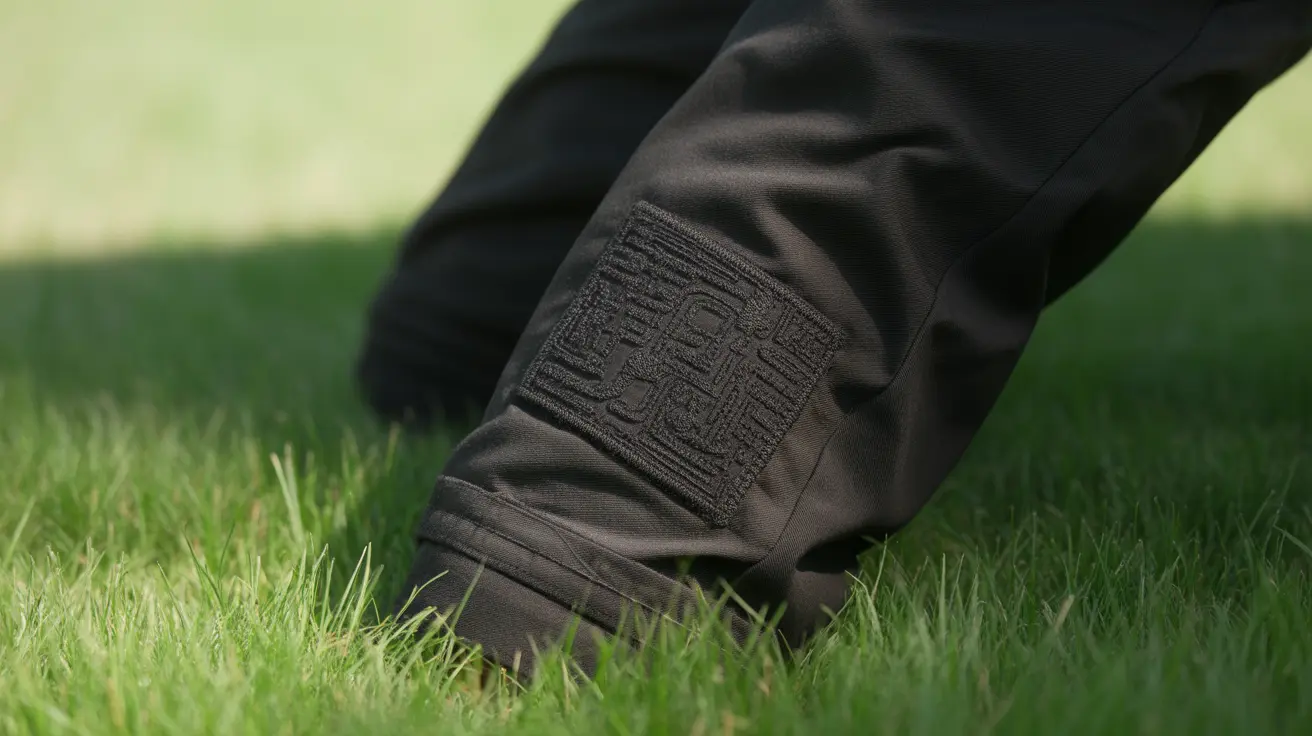Why Your Dog Keeps Sniffing Your Private Area
It's not uncommon for dog owners to find their furry companions acting in ways that may seem awkward or embarrassing, especially when it comes to sniffing around human private areas. While it might cause some discomfort or laughter, this behavior is completely natural and rooted in canine instincts and biology.
The Science Behind a Dog's Sniffing Behavior
Dogs have a remarkably powerful sense of smell—estimated to be 10,000 to 100,000 times more sensitive than that of humans. Their noses are fine-tuned to detect even the faintest of odors, and this extraordinary sense is how they explore and understand the world.
One major reason dogs sniff one another—and humans—is to gather information. Their world is scent-driven, much like how humans rely heavily on visual cues.
Why Dogs Are Attracted to Human Private Areas
Humans release pheromones through sweat glands located in various parts of the body, including the groin and armpit regions. Dogs can detect these pheromones easily, and they provide critical data about a person’s mood, health, hormonal levels, and even reproductive status.
- Pheromones: These natural chemical signals tell dogs about your emotional and physical condition.
- Human Scents: The groin area contains apocrine glands that emit stronger scents.
- Curiosity: Dogs are naturally inquisitive and use their noses to explore “new” things—even scents that are familiar but might have changed.
Common Scenarios When Dogs Sniff Private Areas
- Meeting Someone New: Dogs may sniff a new person’s groin like they would another dog’s rear—it's their way of learning about them.
- Hormonal Changes: People going through menstruation, pregnancy, or even certain medical issues may give off different pheromones.
- Returning Home: Even their owners might get a sniff after being out because they bring new scents from other places.
Is This Behavior a Sign of Aggression or Dominance?
Typically, it is neither. In most cases, sniffing is a neutral or friendly gesture. Dogs greet each other with nose-to-body contact, and they often transfer this behavior to interactions with humans.
How to Discourage This Behavior If Unwanted
If this habit makes you or others uncomfortable, there are gentle ways to redirect your dog without discouraging their natural instincts:
- Positive Reinforcement: Reward your dog for calm greetings that don’t involve sniffing private areas.
- Training Commands: Teach commands such as “sit” or “leave it” with consistency and treats.
- Redirect Attention: Give your dog something to sniff instead, like a favorite toy or another person's hand.
When Sniffing Might Be a Medical Concern
In rare cases, dogs may repeatedly sniff a specific area of their owner because they detect changes that go beyond pheromones—such as infections or unusual physiological changes. Some dogs have even alerted their owners to early stages of illnesses like cancer.
Conclusion
While it can be awkward, it’s important to remember that your dog is simply using its natural instincts to connect with you and understand your world. With proper training and understanding, this behavior can be managed respectfully and effectively.





